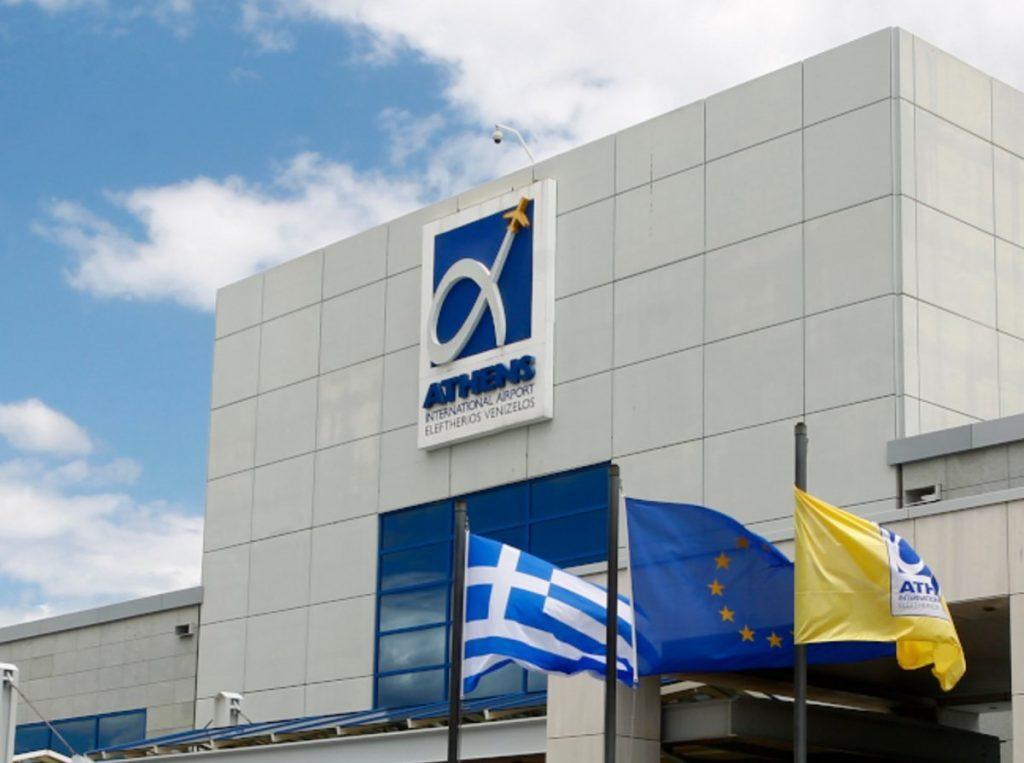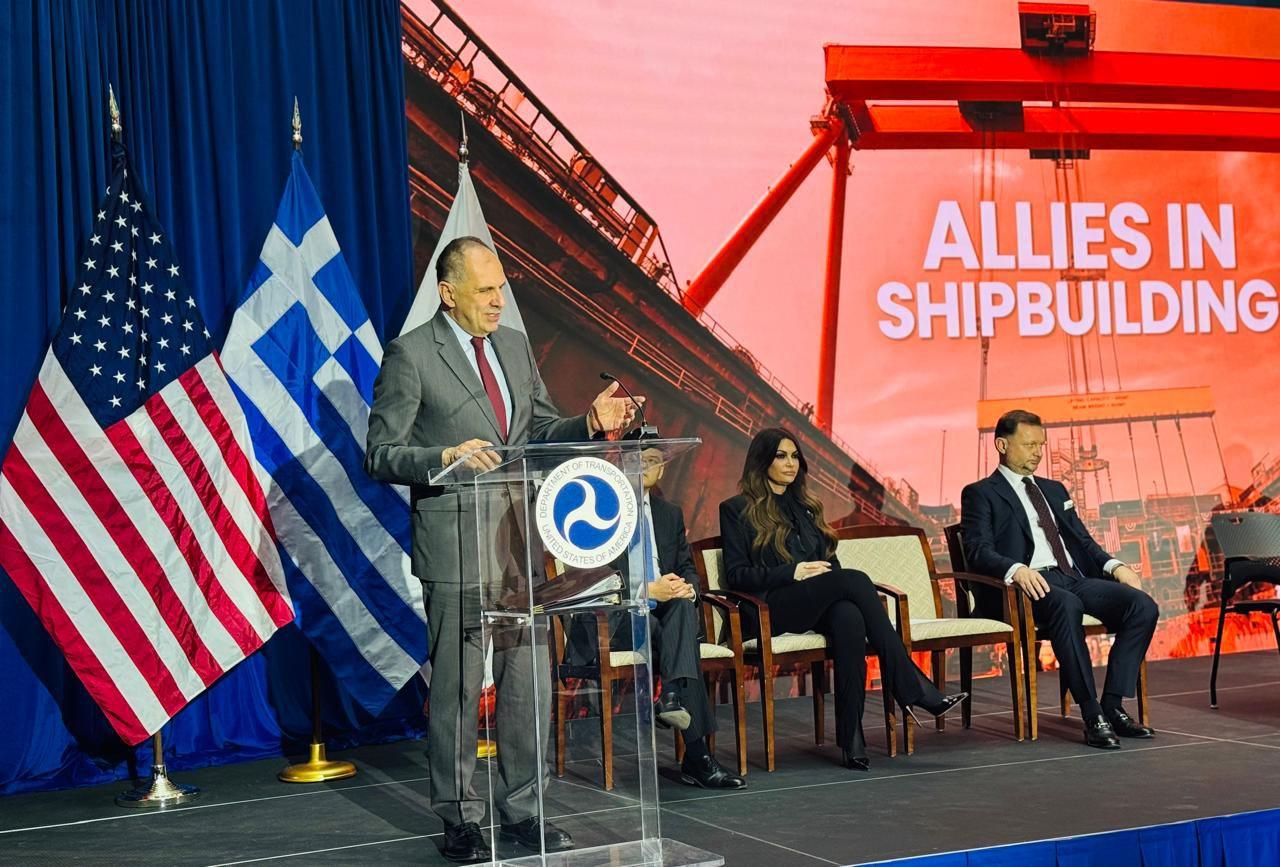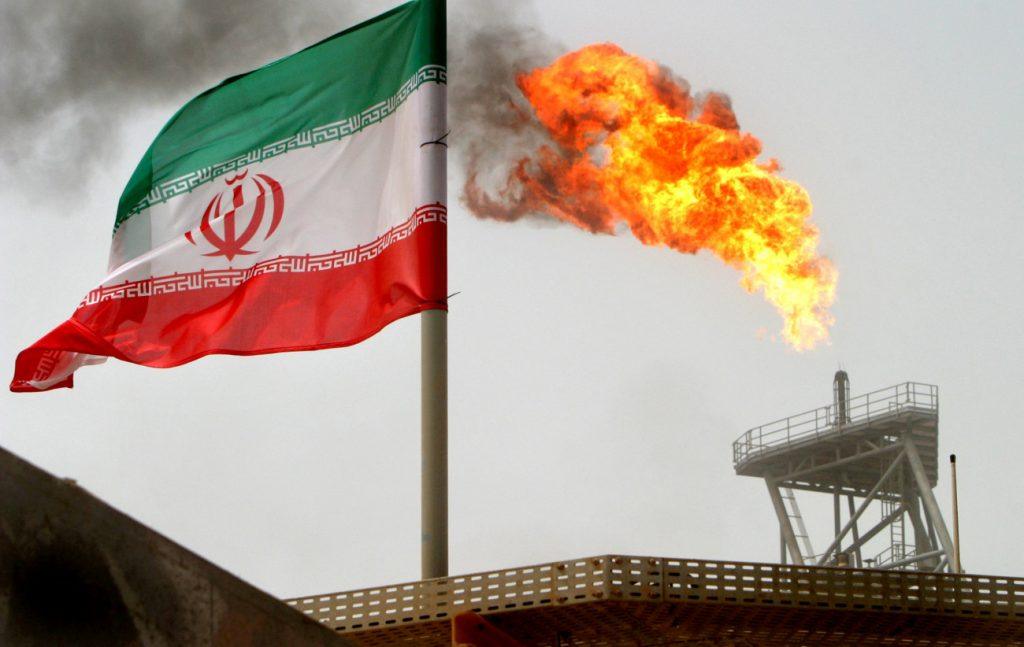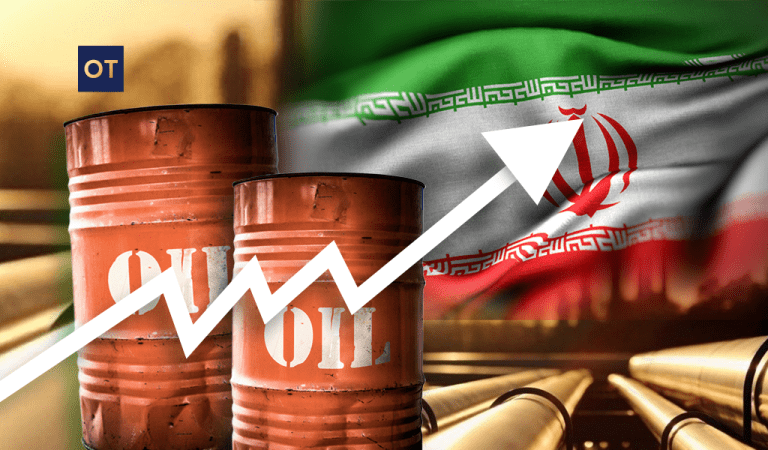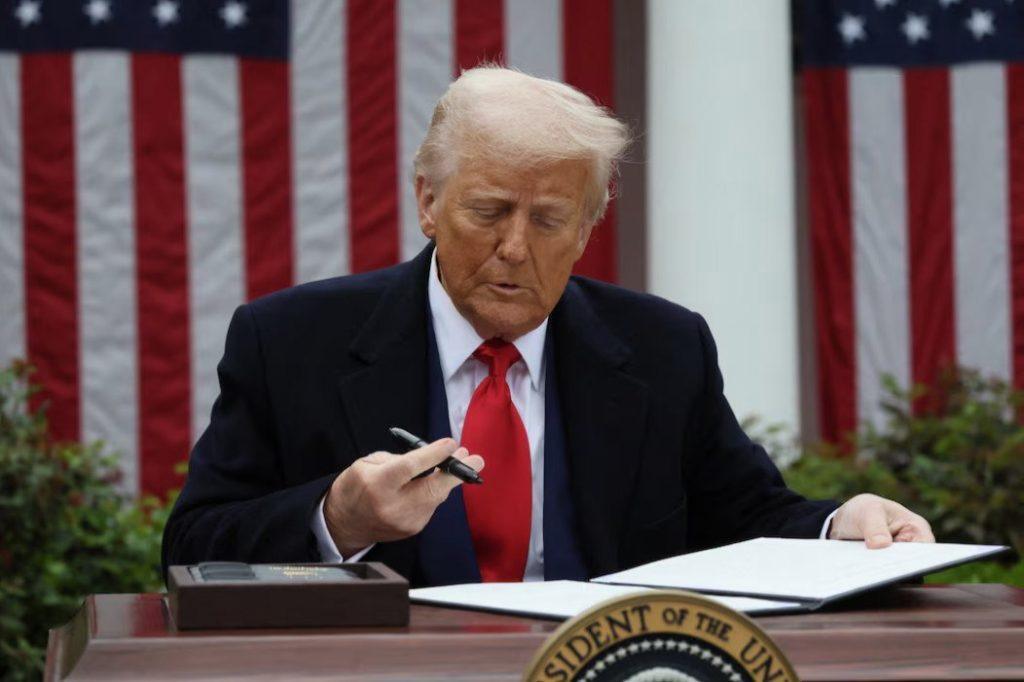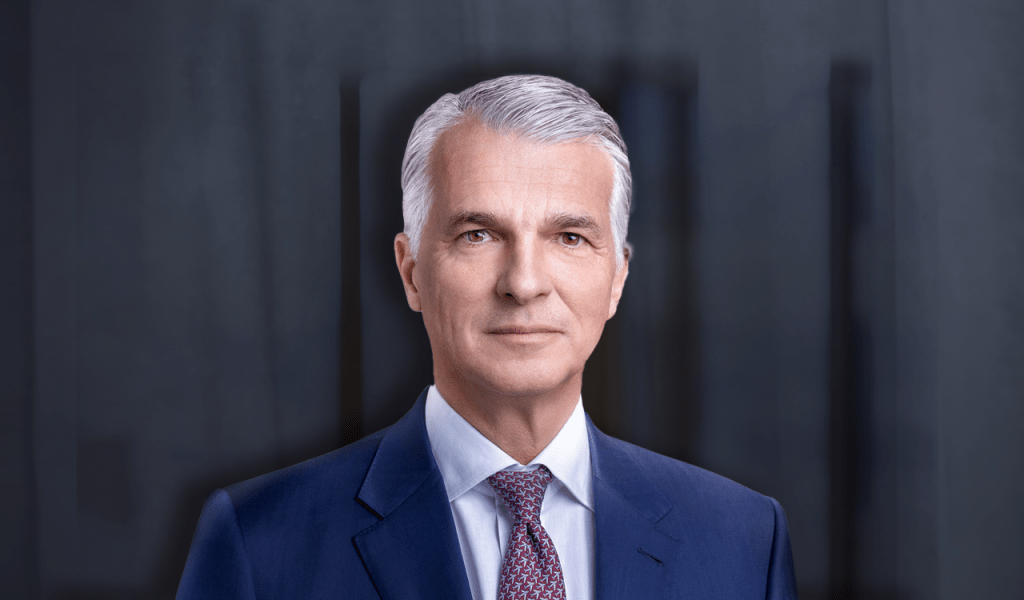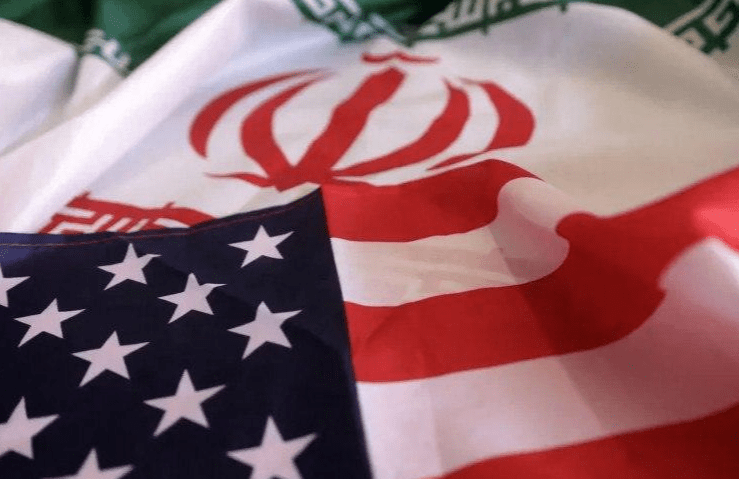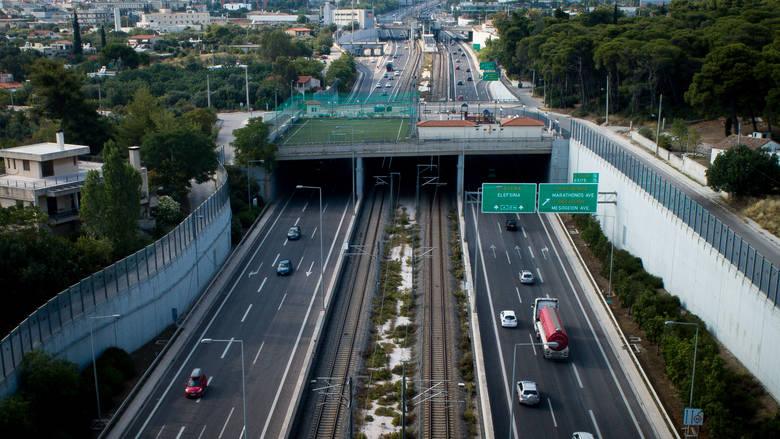The collapse of the meeting between Greece’s Prime Minister Kyriakos Mitsotakis and Turkish President Recep Tayyip Erdogan and Ankara’s warning at the UN that “nothing in the Eastern Mediterranean happens without Turkey” has put the Greece–Cyprus electricity interconnector (GSI) back in the spotlight. Athens and Nicosia are now seeking to revive the stalled project, which has faced repeated delays, political friction, and financial disputes.
According to sources, a videoconference was carried out between the European Commission, Greece’s Independent Power Transmission Operator (IPTO), and the energy regulators of both Greece (RAAEY) and Cyprus (RAEK), on Friday, Sept. 26. The aim is to restart talks after a summer of failed meetings and public criticism from Cyprus’ Finance Minister.
Political backing at the UN
On the sidelines of the UN General Assembly, the Greek prime minister and Cypriot President Nikos Christodoulides sought to provide political cover for the project. In a joint statement, they reaffirmed their commitment to the interconnector, pointing to the European Union’s endorsement as a crucial element of support.
Still, the project has suffered repeated “short circuits”—first from internal disputes in Cyprus over its viability, and now from broader geopolitical tensions with Turkey.
Financial and regulatory roadblocks
The biggest obstacle lies in Cyprus. RAEK has yet to activate its decision requiring annual payments of 25 million euros to support the project, while disagreements remain over ownership. IPTO insists it should retain control as the project’s implementing body.
Equally pressing is a 220 million euros funding gap out of a total 302 million euros budget—costs that Cyprus does not recognize as recoverable.
Nexans sounds the alarm
The contractor, Nexans, has warned it may suspend work unless the financial and regulatory framework is clarified. Such a move would hit IPTO, which in turn could demand compensation.
The Greece–Cyprus cable, designed to enhance energy security and regional connectivity, remains at a crossroads: a project too important to abandon, but still struggling to overcome politics and financing.
Source: tovima.com
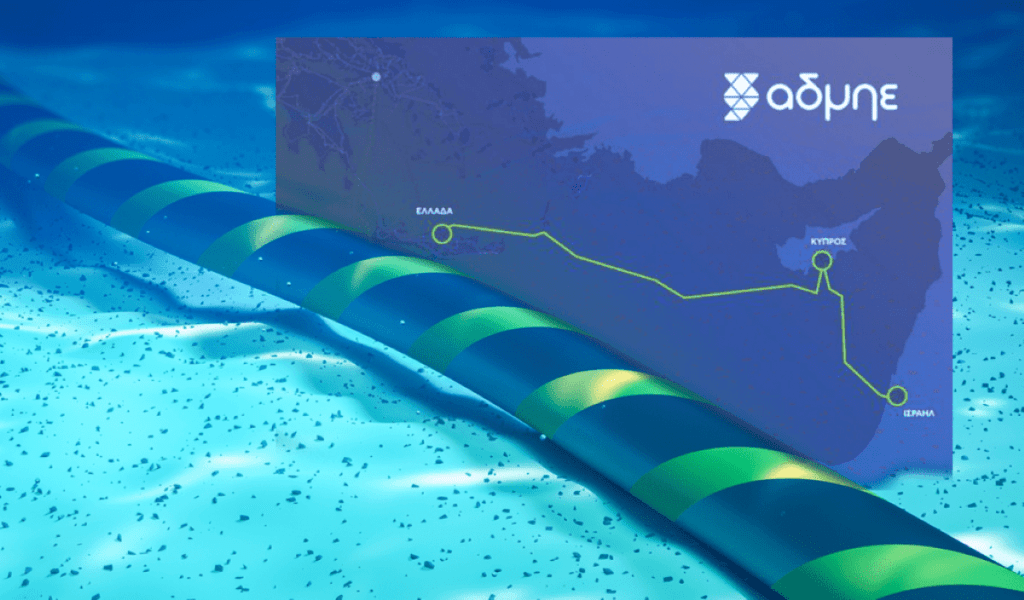

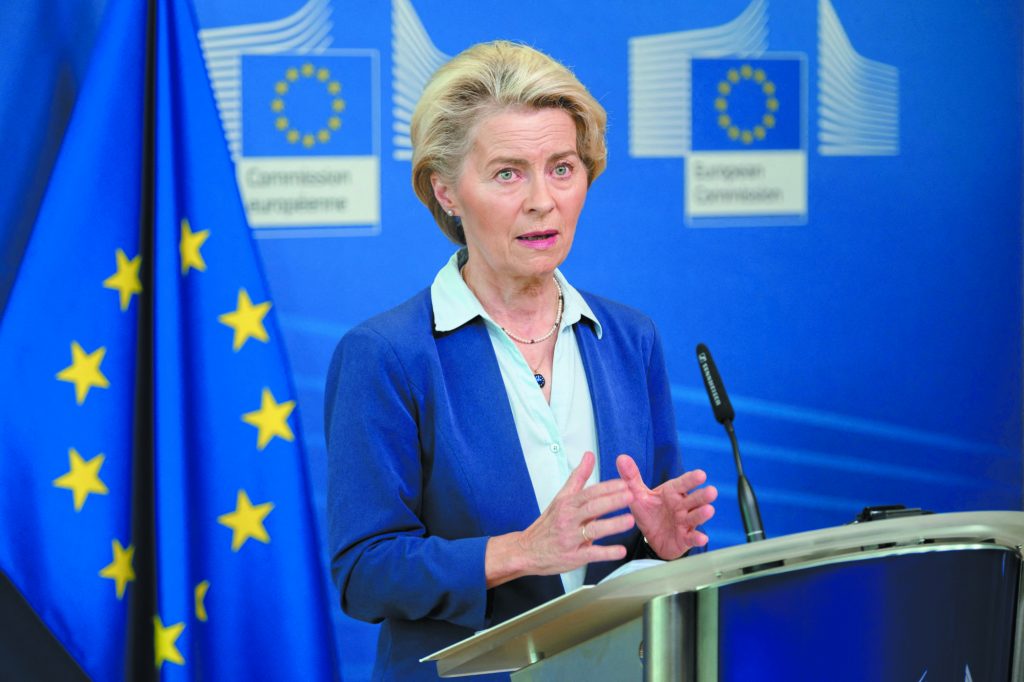
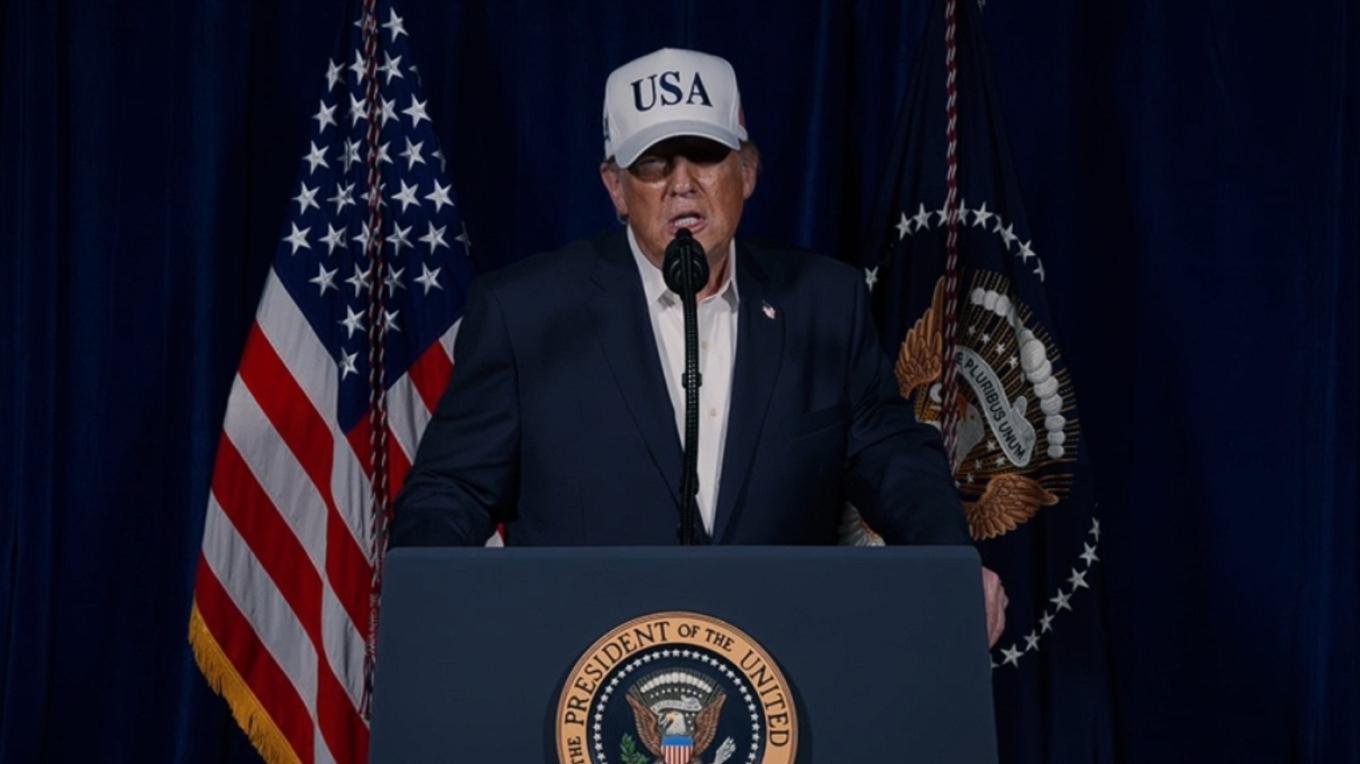
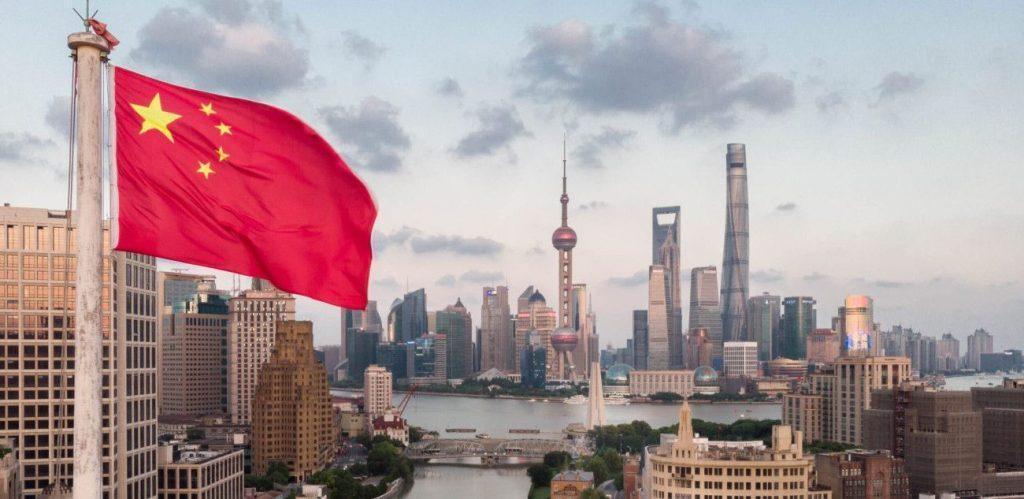
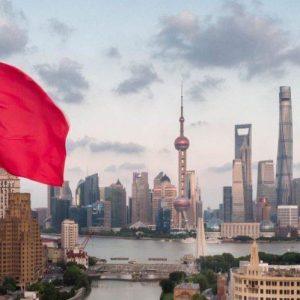
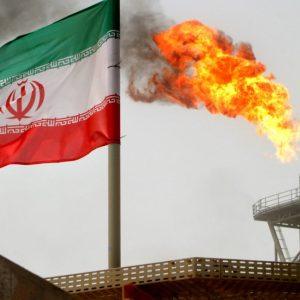


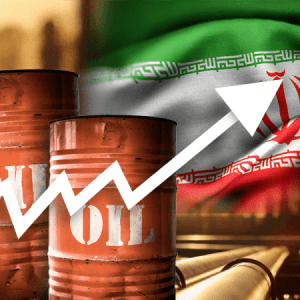

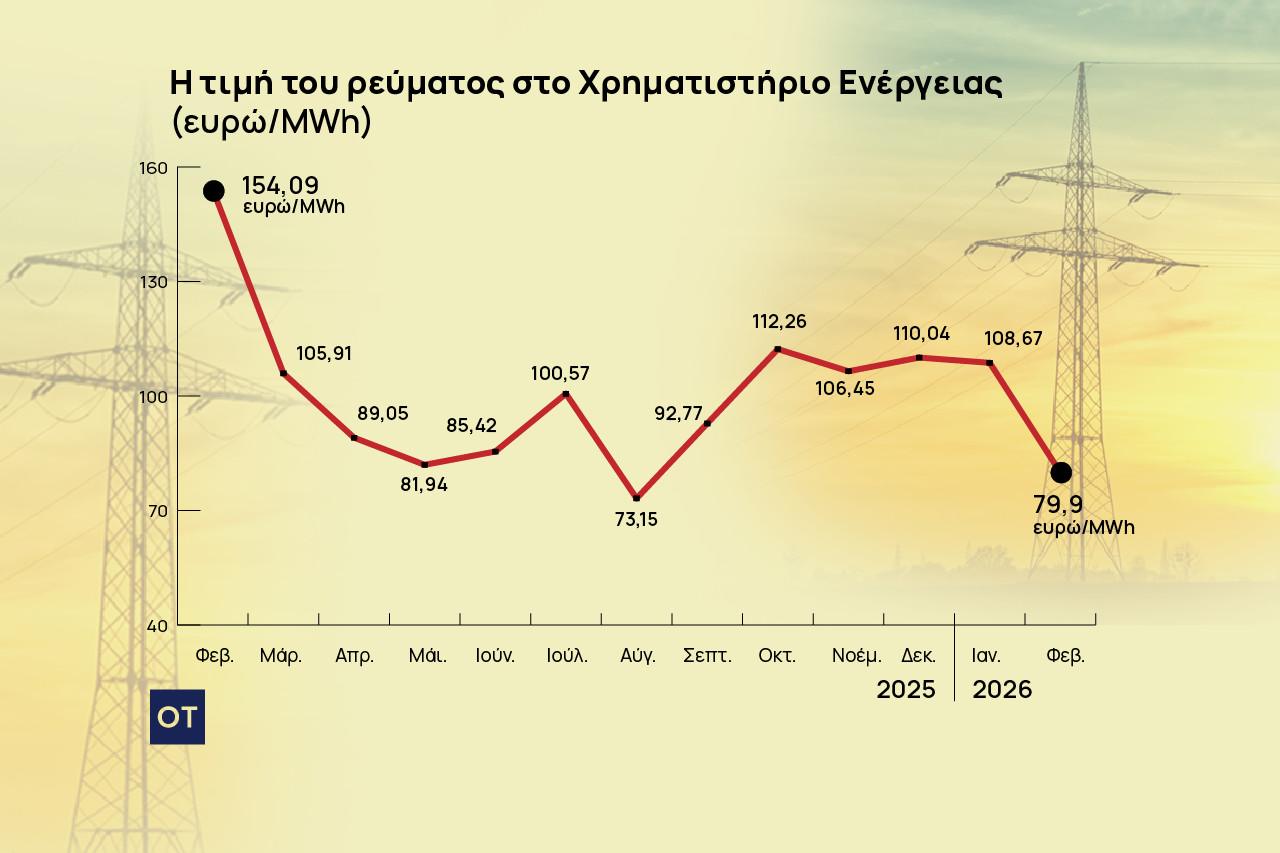

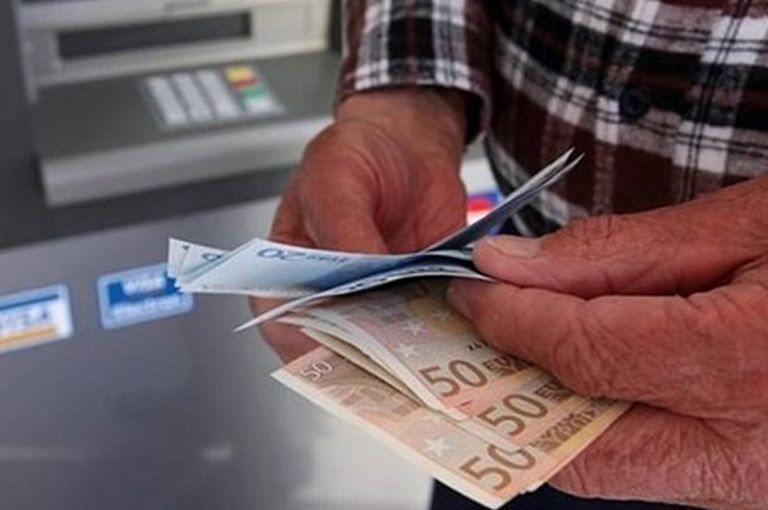

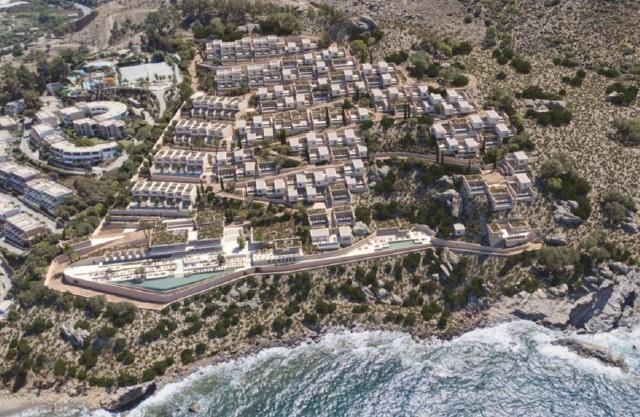

![Ακίνητα: Η έκπληξη της Θεσσαλονίκης στο real estate [πίνακες]](https://www.ot.gr/wp-content/uploads/2026/01/Thessaloniki-White-Tower-film-1024x576-1.jpg)


